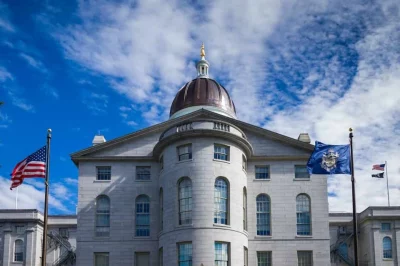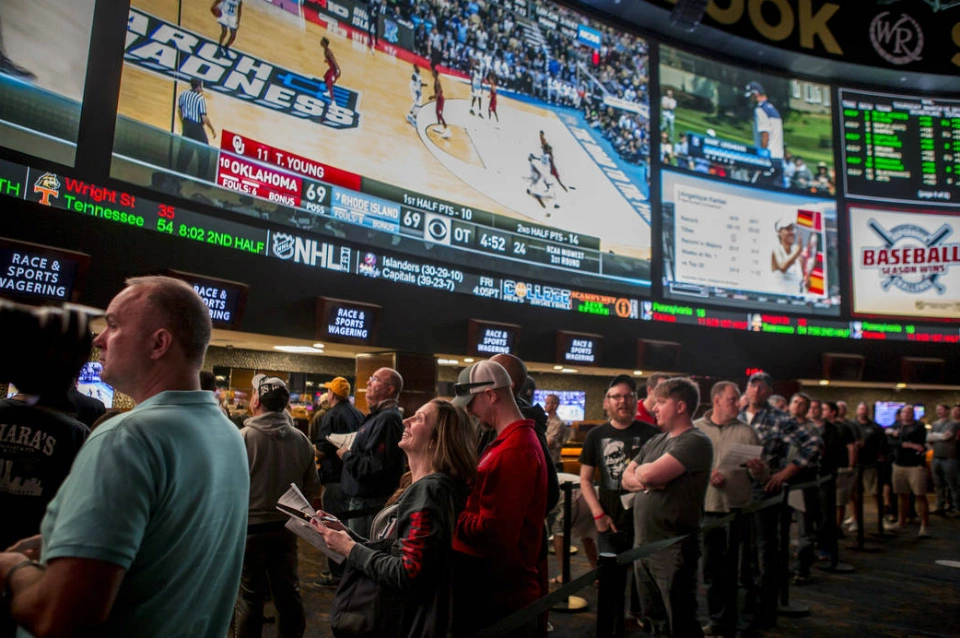 Earlier this week, the Maine Senate gave the green light to a bill that seeks to give local tribes control over a new sports betting market following a change under which in-person betting has been permitted at a Bangor-based casino venue.
Earlier this week, the Maine Senate gave the green light to a bill that seeks to give local tribes control over a new sports betting market following a change under which in-person betting has been permitted at a Bangor-based casino venue.
As a result of the 23-11 vote, the measure will be tabled to Governor Janet Mills for a signature. The move is considered the largest change brought to the relationship between the state and the Native American tribes in 2022, especially considering the fact that the Democratic Governor is still against a sweeping sovereignty measure that has been preferred and supported by tribes.
Still, it is a massive step forward for tribes in their effort to renegotiate the terms of their settlement with the state, which dates back to the 1980s and as part of which local Native American tribes are supposed to pay millions of dollars in return to the right over some special-policy areas, including gambling – a sector that largely been blocked in the state of Maine.
The proposed legislative measure was supported by all Senators from the Democratic Party and only two Republicans – Senator Kim Rosen and Senator Marianne Moore. Senator Joe Baldacci, on the other hand, had been working against previous versions of the compromise between Senator Mills and the tribes that diminished the market role of the Hollywood Casino Hotel and Raceway in Bangor.
Sports Betting Measure at Maine Tribal Casinos among Most-Discussed Issues
 According to the co-chair of the Judiciary Committee that negotiated the proposed piece of legislation, Senator Anne Carney, the policy decision is equitable and fair.
According to the co-chair of the Judiciary Committee that negotiated the proposed piece of legislation, Senator Anne Carney, the policy decision is equitable and fair.
Under the provisions of the measure, three Maine Native American tribes – the Maliseet, Passamaquoddy and Penobscot tribes – will be given the right to control mobile sports betting in the state. According to estimates, mobile sports betting will account for 85% of the total gambling market in Maine. In-person betting, on the other hand, would be permitted at casino venues and off-track betting parlors. The gambling expansion would make Maine part of the US states that have made sports betting legal since the official legalization of the new form of gambling in 2018.
Although sports betting was the main and most-discussed part of the legislative measure, other issues have also been negotiated between Governor Mills and the tribes, such as tax relief for the three aforementioned tribes, as well as a consultation process with the state on policies that would affect the tribes.
The original version of the compromise between the Governor and the parties sought not to allow casinos to offer sports betting services. As part of a later version of the bill that was supported by Penn National Gaming, which owns and operates the Bangor casino, sports betting would have been allowed at the operator’s seasonal raceway at Bass Park, situated in close proximity. The current version seeks to allow sports betting in the casino.
The gambling expansion measure is part of three active bills associated with tribal rights in the final days of the 2022 legislative session.